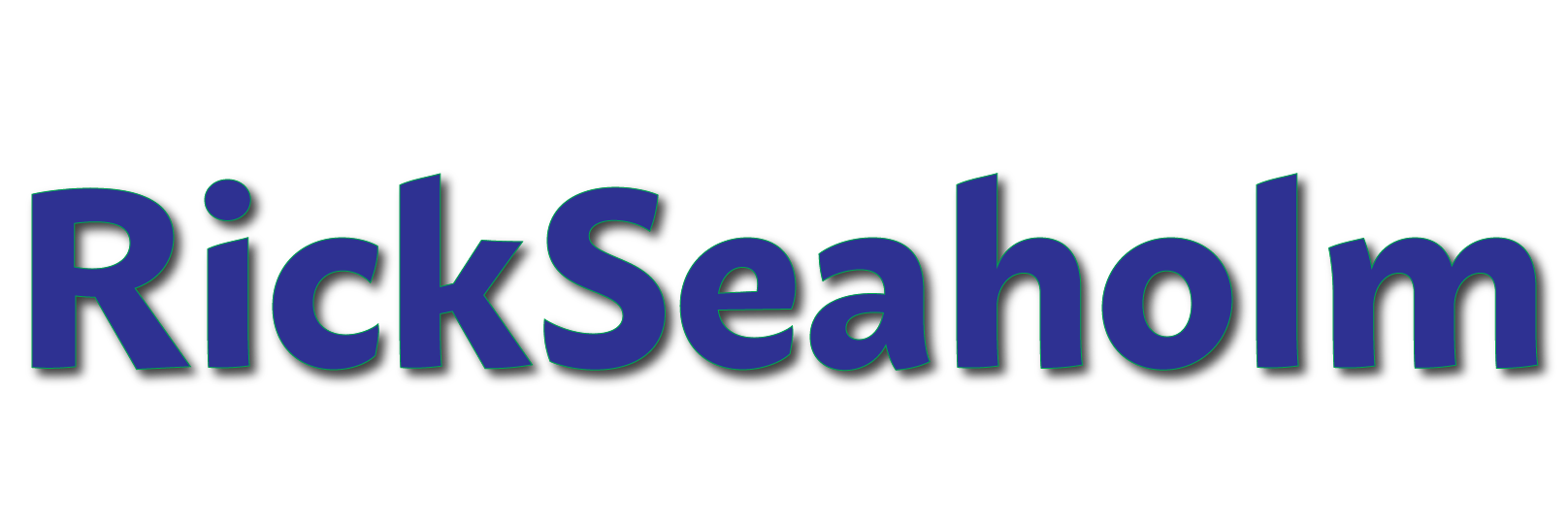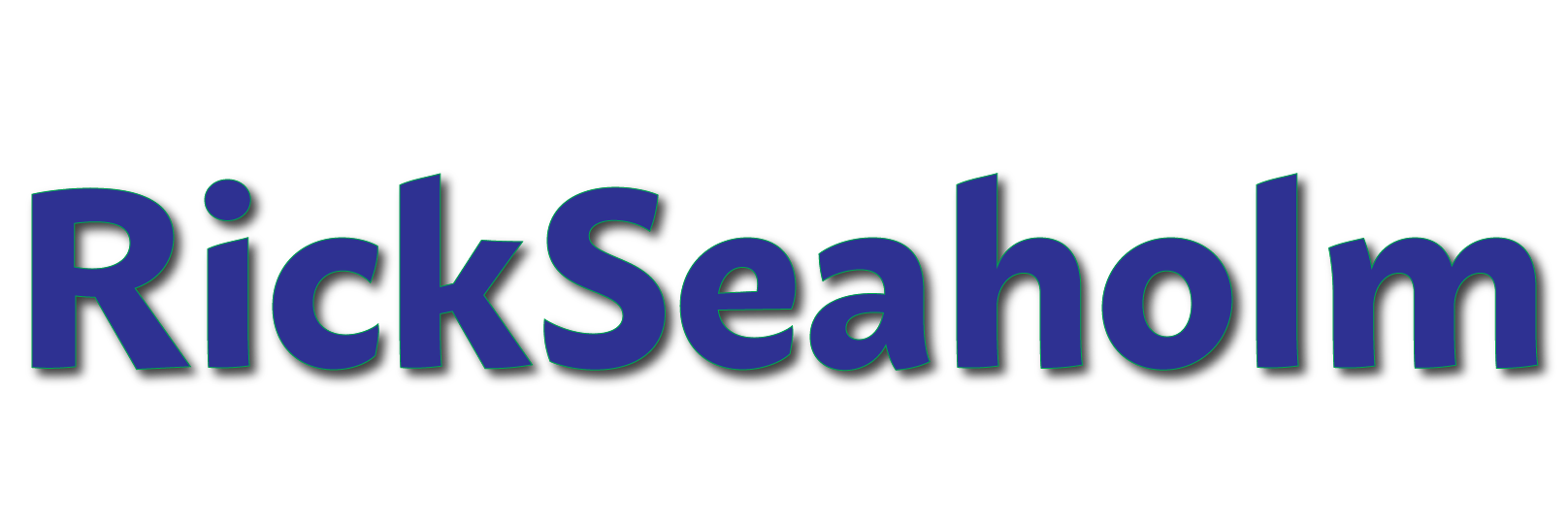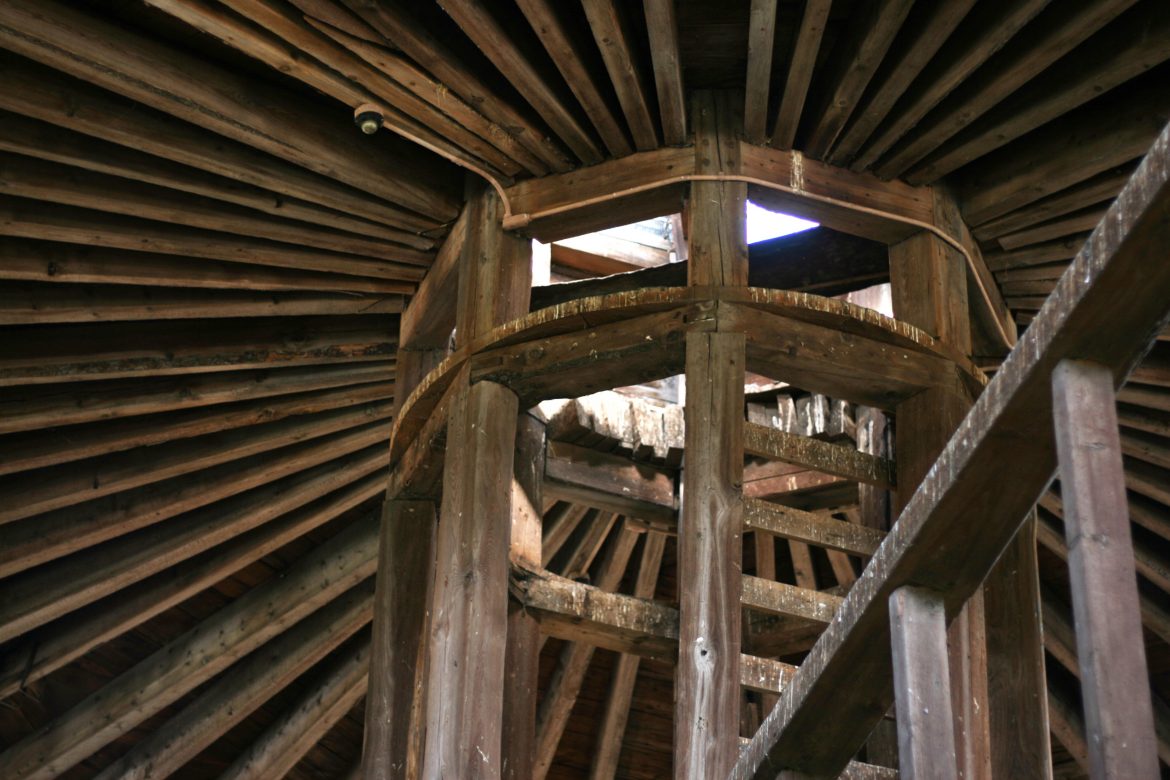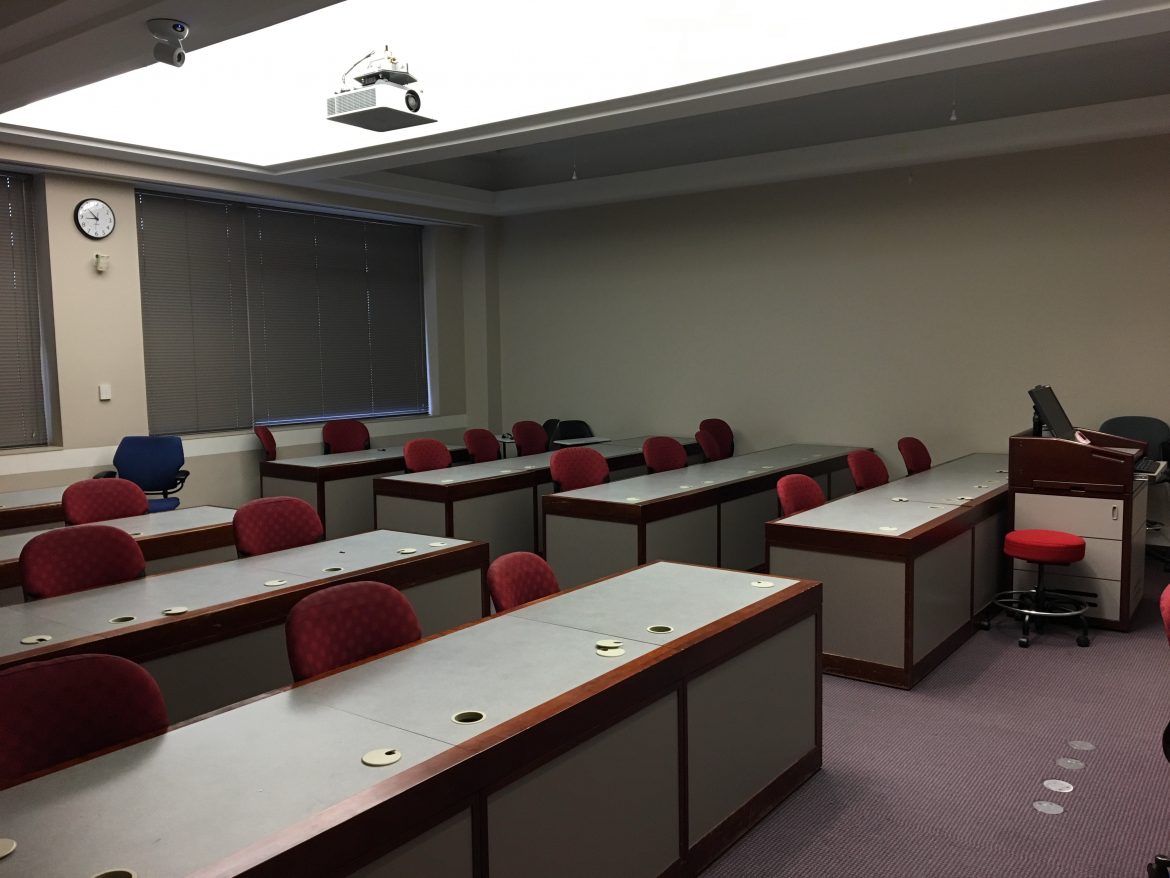Early on we talked very simplistically about a new beginning being that point in time (without duration) at which your focus shifts from project A (already in production) to project B (not yet begun). We then learned about a catalyst that kicks off the change.
We still recognize the five stations of change (antecedent, catalyst, adjustment phase, new beginning, culmination), but look at it differently for today’s episode, and take a more reductionist approach.
Given we’re living in the dark with respect to all our future changes, then we can remove the antecedent period. Likewise, when you enter project B, you are living a new life, a new antecedent begins with respect to that bucket. So let’s remove that as well. And we know that a new beginning has no duration, so what good is it(!), get rid of it too.
What are we left with, but a catalyst and adjustment phase? And the adjustment wouldn’t need to occur without the catalyst. So… it’s all about the catalyst .
Therefore, a catalyst is any stimulus that merits a potential change of focus. Depending on our frame of mind and our current state of affairs we may see any stimulus as remarkable or unremarkable.
A remarkable stimulus is a stroke of chance, a perfect combination of time, frame of mind, location. An unremarkable stimulus, by contrast, is everything else, one of millions of things that cross your senses in a single day. At times, this seems very attractive and controlling our exposure to stimuli of any kind can in fact help us slow down, but life becomes “life” through remarkable stimuli, which we should strive for.












